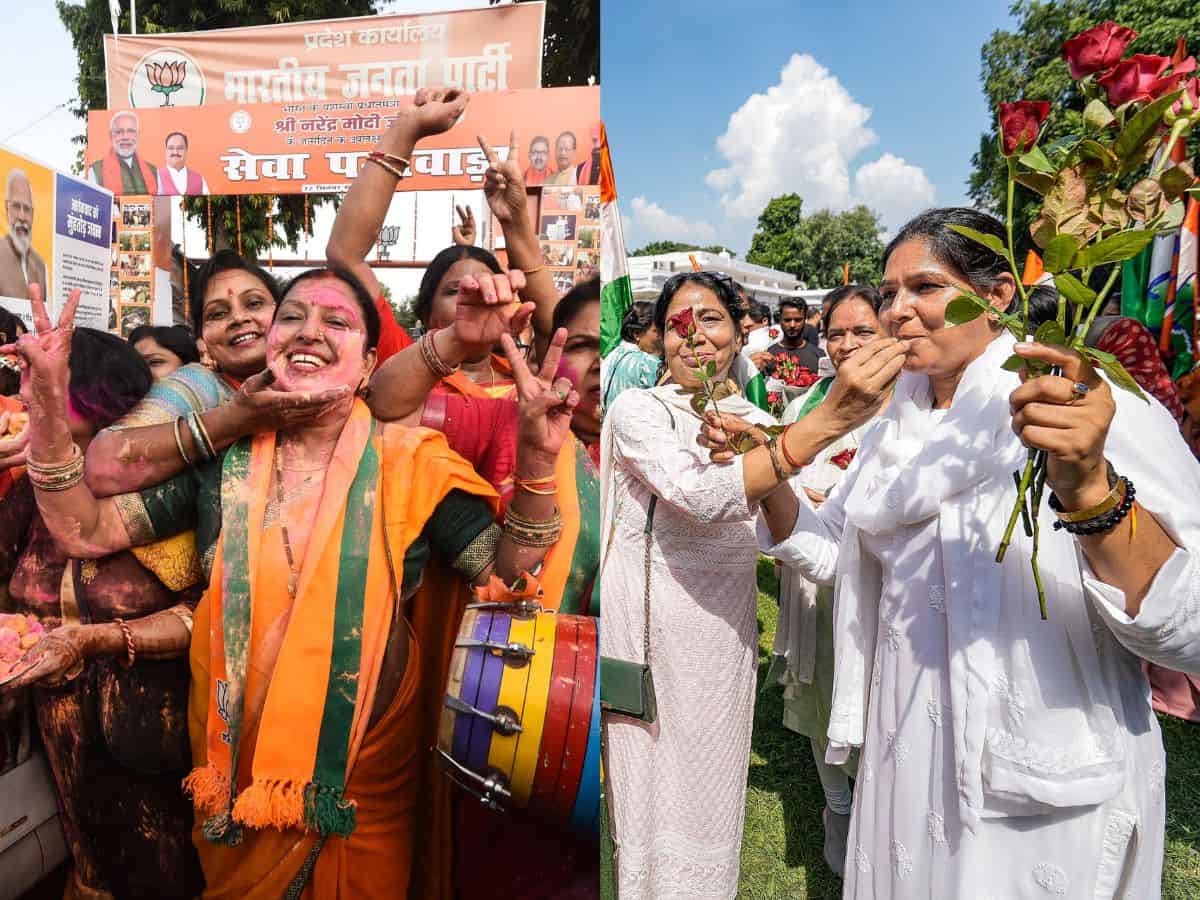
By Moumita Barman
The recent introduction of the Women’s Reservation Bill of 2023 in the Indian Parliament marks a significant step towards gender parity in politics. This legislation, also known as the Nari Shakti Vandan Adhiniyam and the Constitution (One Hundred and Twenty-Eighth Amendment) Bill, 2023 was introduced in Lok Sabha on September 19, 2023. The Bill seeks to reserve one-third of the total number of seats in Lok Sabha, the state legislative assemblies for women, and the Legislative Assembly of the National Capital Territory of Delhi. This will also apply to the seats reserved for SCs and STs in Lok Sabha and states legislatures.
The 73rd and 74th amendments of 1993 set the stage for the Women’s Reservation Bill. These amendments, incorporating panchayats and urban local bodies, mandated a one-third reservation for women.
Since the implementation of these amendments, India has seen a significantly increased women’s representation in political bodies and policymaking. Several studies such as “Women Legislators and Economic Performance” show that female leaders not only prioritise infrastructure and economic indicators than their male counterparts, but also enable women to voice concerns beyond caste and domestic interests, promoting greater participation in public spaces.
However, as the 2023 bill has garnered widespread support, there are valid concerns that merit consideration.
As mentioned in The Hindu article by R. Santhanam, the opposition voices caution against linking the implementation of women’s reservation with the periodic delimitation exercise. Delimitation, which involves adjusting territorial boundaries and seats, could potentially delay the bill’s enforcement until after the 2031 Census figures are released. While Home Minister Amit Shah’s assurance of immediate action after the 2024 general elections is encouraging, it highlights the potential for a prolonged wait.
Another crucial concern is the absence of a separate reservation for Other Backward Classes (OBCs), who constitute a substantial portion of the population. This omission raises valid questions about inclusivity. All India Majlis-e-Ittehadul Muslimeen (AIMIM) members Asaduddin Owaisi and Syed Imtiyaz Jaleel’s call for a separate OBC quota finds resonance among parties like the Congress, Samajwadi Party (SP), Nationalist Congress Party (NCP), and Bahujan Samaj Party (BSP). Addressing the representation of OBC women is a vital aspect of true inclusivity.
Critics also argue that separate constituencies might inadvertently limit women’s perspectives, potentially perpetuating unequal status. They propose that merit-based competition could offer more opportunities. This perspective raises valid points, highlighting the complexity of ensuring effective representation.
While reservations are a critical first step, they alone cannot usher in true political empowerment. Broader electoral reforms, such as tackling the criminalization of politics and addressing internal party democracy, as mentioned by PRS Legislative Research, remain pressing concerns. Implementing quotas is a top-down approach, and given India’s deeply ingrained patriarchal nature and low female literacy rates, it may not be as effective as a bottom-up strategy.
To effectively implement the Women’s Reservation Bill, a bottom-up approach is imperative. This entails capacity-building through specialized training programmes, extensive awareness campaigns, and addressing socio-economic barriers in education and employment. Continuous monitoring, inclusive practices within political parties, and legal frameworks safeguarding women’s rights are crucial.
Engaging civil society, NGOs, and regular reviews will further strengthen the bill’s impact.
Reservations, if not accompanied by comprehensive support mechanisms, risk becoming mere tokenism. They run the risk of creating women legislators with limited actual power and decision-making authority. It is essential to break free from the existing culture where women are often seen as extensions of their male kin. Meaningful representation requires independent individuals with a voice of their own.
Rather than relying solely on quotas, emphasis should be placed on addressing the root causes behind the underrepresentation of women in politics. A ground-up approach, rooted in social and political struggle, promises enduring change. This approach liberates women from the confines of male-dominated societies, fostering a more inclusive and equitable political landscape.
Undoubtedly, the Women’s Reservation Bill of 2023 is a commendable step towards gender parity in Indian politics. However, its success hinges on a comprehensive approach that goes beyond quotas. By combining reservations with targeted capacity-building, awareness campaigns, and socio-economic empowerment, India can foster a truly inclusive political environment.
Moumita Barman is a Research Associate at the Centre for Development Policy and Practice (CDPP). Her research interests lie in Gender, Social Conflict, Caste and Religion in India, Education, and Rural Livelihoods.
